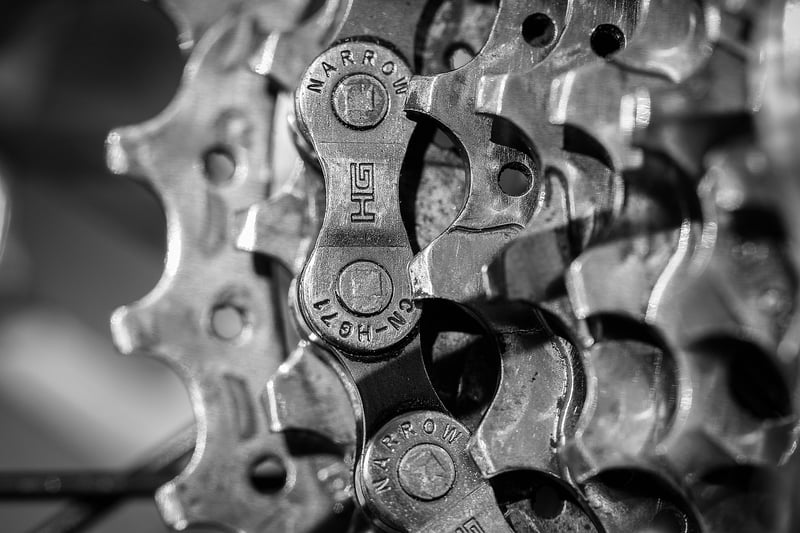How They Work
Mechanics & Pioneers: How They Work
When it comes to understanding the world around us, mechanics play a crucial role in shaping our understanding of how things work. From the simple machines we use in our daily lives to the complex systems that power our modern society, mechanics are at the heart of it all. Let's delve into the world of mechanics and explore how they work.
What are Mechanics?
Mechanics is the branch of physics that deals with the behavior of objects under the action of forces. It is divided into two main branches: classical mechanics and quantum mechanics. Classical mechanics, which was first formulated by Sir Isaac Newton, describes the motion of macroscopic objects, while quantum mechanics deals with the behavior of particles at the atomic and subatomic levels.
The Pioneers of Mechanics
Throughout history, there have been several pioneers who have made significant contributions to the field of mechanics. Some of the most notable figures include:
- Sir Isaac Newton: Known for his laws of motion and universal gravitation, Newton laid the foundation for classical mechanics.
- Galileo Galilei: Considered the father of observational astronomy, Galileo made key advancements in the understanding of motion and mechanics.
- Leonardo da Vinci: While primarily known as an artist, da Vinci also made important contributions to the field of mechanics through his studies of anatomy and engineering.
How Mechanics Work
At its core, mechanics seeks to explain how objects move and interact with each other in response to forces. This is typically done through the application of mathematical principles and formulas that describe the relationships between forces, motion, and energy.
By understanding these fundamental principles of mechanics, engineers and scientists are able to design everything from simple machines like levers and pulleys to complex systems like aircraft engines and space vehicles.
Whether it's the gears in a watch or the suspension system in a car, mechanics are everywhere in our daily lives, quietly working behind the scenes to make the world function smoothly.
Conclusion
In conclusion, mechanics are essential to our understanding of the physical world and play a critical role in the development of technology and society. By studying the work of pioneers like Newton, Galileo, and da Vinci, we can gain valuable insights into the fundamental principles that govern the behavior of objects in motion.
Next time you marvel at the intricate workings of a machine or the graceful flight of an aircraft, remember that it is the principles of mechanics at play, shaping the world around us in ways both seen and unseen.
Image source: https://pixabay.com/photos/cogs-gears-machine-mechanical-2297721/

Image source: https://pixabay.com/photos/technology-machine-computer-3190191/

